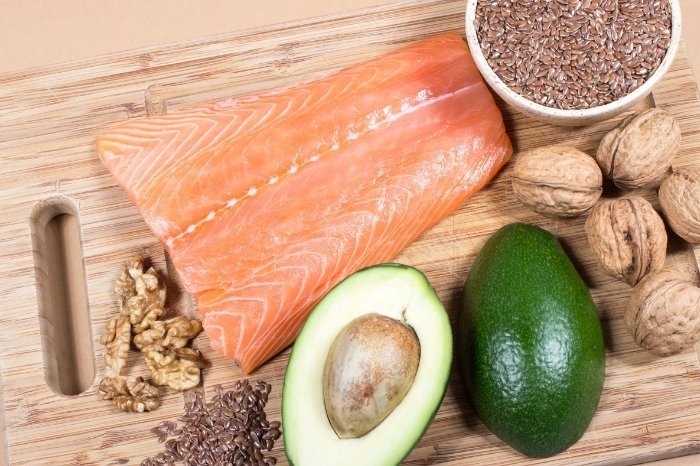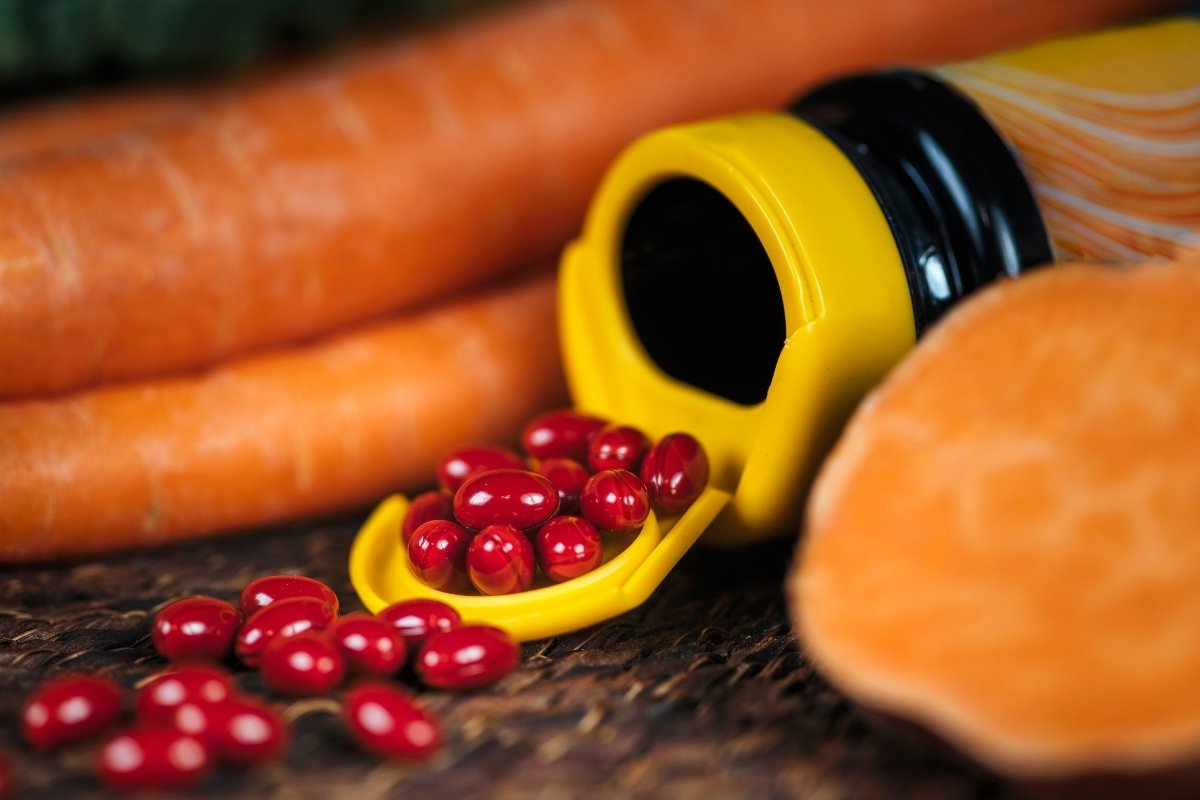Last Updated on October 10, 2024
Beta blockers are often prescribed but they are still widely misunderstood by many people. So, let’s go over natural beta blocker supplements – what they are, and should you take them? What’s the difference between natural beta blockers and beta blocker medications? When should you consider either of them? Let’s discuss this below.
Table of Contents
What Are Natural Beta Blocker Supplements?
There are plenty of beta blocker medications sold in pharmacies but what about actual natural supplements? There are three big ones everyone should be aware of, as well as a few others that can have additional benefits. But look especially for:
-
Omega-3 Fatty Acids
Everyone has heard about Omega-3 fatty acid supplements because they are phenomenal for plenty of issues and health risks. For that reason, they have also been researched extensively, making them very well-known and safe when used correctly. Plenty of studies such as these 16 have shown that both the DHA (docosahexaenoic acid) and the EPA (eicosapentaenoic acid) in improving our overall cardiovascular systems which is exactly the job of a beta blocker.
The healthy fats of Omega-3 also help reduce the risks of blood clots, lower blood pressure, and help deal with plaque deposits and inflammations.
-
Magnesium
This very simple supplement provides us with the essential mineral that is magnesium. It is vital for the proper function of our metabolic processes, including our nervous system regulation, muscle contractions, and more. What’s more, research has demonstrated that low magnesium levels in our system lead to elevated blood pressure. So, taking magnesium supplements or more magnesium through our diets is a great natural beta blocker.
-
CoQ10 (coenzyme Q10)
A bit of a more obscure mention, CoQ10 is an important enzyme that helps with antioxidant protection as well as energy production in our bodies. Insufficient levels of CoQ10 are associated with many health risks, including heart failure. It’s also believed to help reduce blood pressure according to certain studies.
What About Foods That Can Act As Natural Beta Blocker Supplements?
The thing about natural supplements is that they can be passed over if you just eat the right foods. That way, your food essentially becomes your natural beta blocker supplements.

We’ve talked in more detail about foods that act as natural beta blockers here, but here’s a quick list anyway:
- Berries and other fresh fruits rich in antioxidants
- Bananas
- Low-fat dairy products
- Lean meat and poultry rich in L-arginine
- Pulses
- Nuts and seeds
- Leafy veggies
- Spices such as garlic, barberry, red yeast rice, Indian snakeroot, saffron, and others
Click Here to Get info About:
How About Beta Blocker Medication?
If your doctor has decided that a simple diet change or some food supplements are not enough to help with your condition, they may recommend any of the following beta-blocker medications:
- Nebivolol
- Propranolol
- Nadolol
- Metoprolol
- Celiprolol
- Acebutolol
- Atenolol
- Carvedilol
- Bisoprolol
There are others too, of course. Whether you should go with medication or stick with natural beta blocker supplements should be down to your doctor’s opinion. As much as we want to avoid medications, they are sometimes needed. You can always look for a second opinion, of course, as long as it’s also from a certified professional.
So, What Are Natural Beta Blocker Supplements, And Should You Use Them?
In general, natural beta blocker supplements are like any other food supplements – they are minerals and enzymes we usually get from food, packed in the form of a supplement. Ideally, your diet should be rich and balanced enough for you to not need a supplement. If you can’t acquire certain food groups, however, or you just need a bit of extra help, food supplements can help. Just make sure that you don’t overdo it or that you don’t do the opposite and ignore the need for medications a bit too much.
FAQ’s
[rank_math_rich_snippet id=”s-7ed6fec2-98b8-409d-8693-9071ec924064″]

Barbara is an environmental activist and sustainability advocate who loves living green and sustainable. She firmly believes in reducing her carbon footprint and has been making great strides towards achieving this goal. Barbara is a vegan and avid recycler and has been actively involved in community gardens and other green initiatives. She is passionate about spreading awareness about the importance of living in a sustainable and eco-friendly manner. Barbara is always looking for ways to make a difference in her community and beyond. She is a huge advocate for preserving nature and the planet for future generations.


